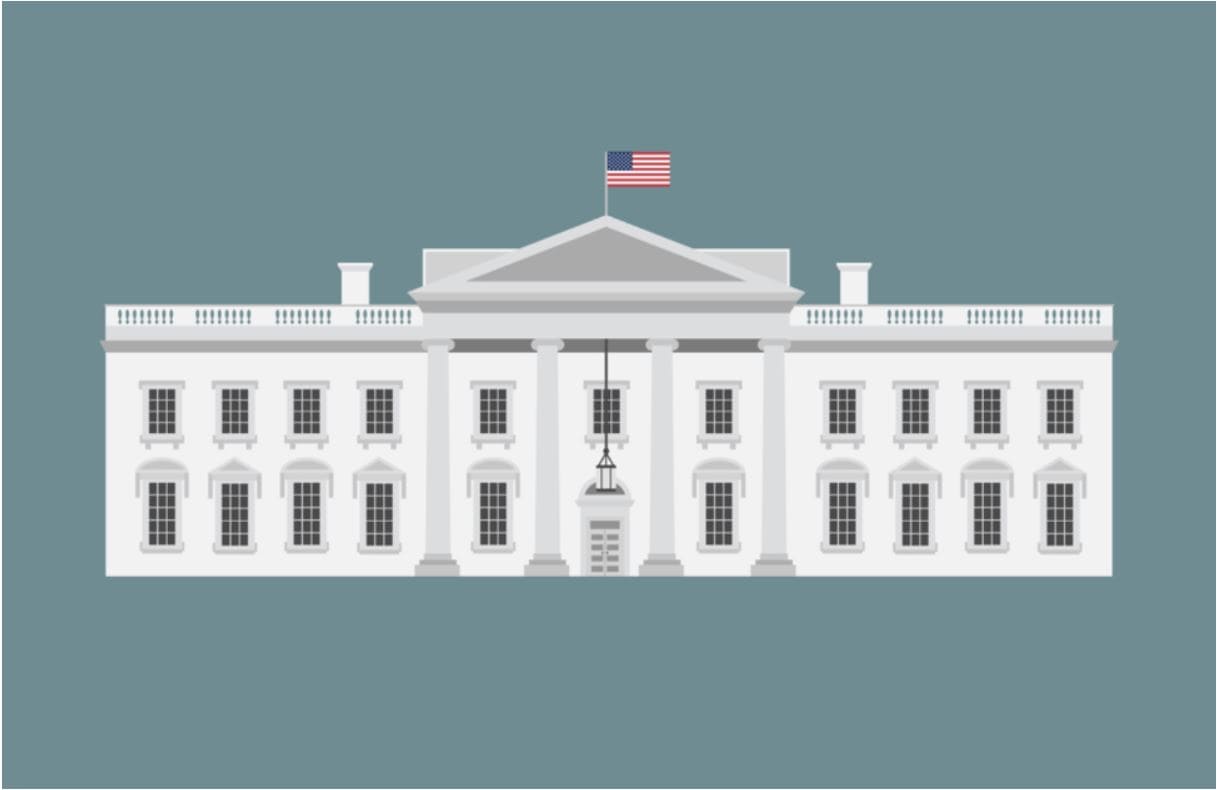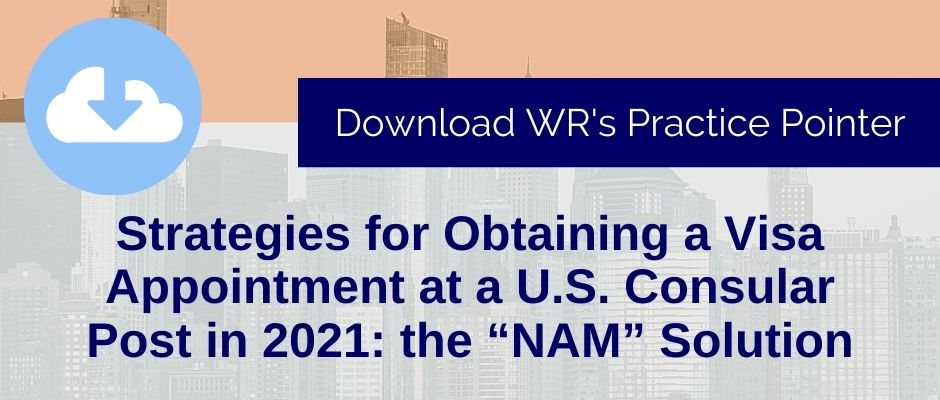Overview
On June 22, 2020, Presidential Proclamation 10052 entitled “Suspension of entry of Immigrants and Nonimmigrants Who Present a Risk to the United States labor Market During Economic Recovery Following the 2019 Coronavirus Outbreak” was issued to suspend new nonimmigrant visas, purportedly in response to the COVID-19 pandemic.
The impacted visa categories are: (1) intra-company transfers to non-citizens already employed by American businesses (L-1A and L-1B); (2) highly-skilled workers coming to America temporarily to perform services in a specialty occupation for which they are uniquely qualified (H-1B); (3) seasonal laborers responding to proven domestic labor shortages (H-2B); and (4) certain cultural exchange (interns, trainees, teachers, camp counselors, au pairs, and summer work travel programs participants) (J).
On December 31, 2020, PP 10052 has been extended to March 31, 2021. For more information about this Presidential Proclamation, please read our FAQ.
Who is impacted?
- Foreign nationals outside of the United States who have expired H-1B/H-4, L-1/L-2, or J-1/J-2 (only impacted programs) visa stamps, are barred and will need to wait until AFTER the validity of this travel ban proclamation to return to the U.S.
- Foreign nationals inside the United States with expired H-1B/H-4, L-1/L-2, or J-1/J-2 (only impacted programs) visa stamps, should NOT travel internationally for the validity of this travel ban, otherwise, he or she may be barred from re-entering.
National Interest Exceptions
The Department of States will allow foreign nationals impacted by Presidential Proclamation 10052 to travel to the United States in the national interest. For more information about National Interest Exceptions, please refer to the following resources:
Articles
- US State Department Explains Exceptions to H-1B; H-2B; J-1; L-1A and L-1B Labor Market Ban
- State Dept. Lists Exceptions Under Recent Presidential Proclamations Suspending Entry of Immigrants and Nonimmigrants
Webinar
Outlook
The recent extension is expected to be subject to change as President-elect Joseph Biden takes office on January 20.
Strategies for Overcoming Proclamation 10052
For information about navigating Proclamation 10052, please read WR’s practice pointer below which discusses how membership in certain organizations may allow companies to continue scheduling consular appointments for L-1, H-1B, and J-1 employees.



